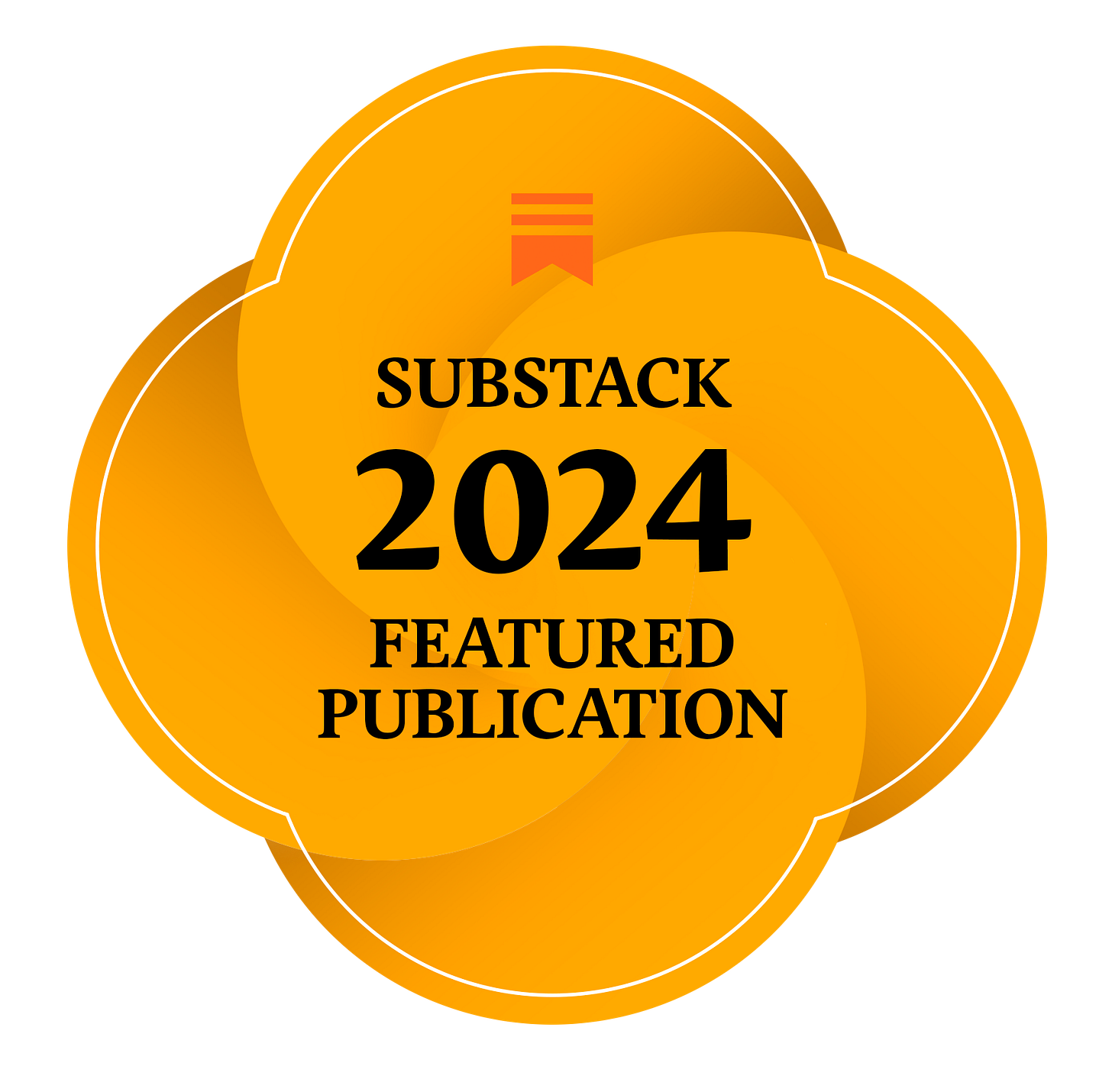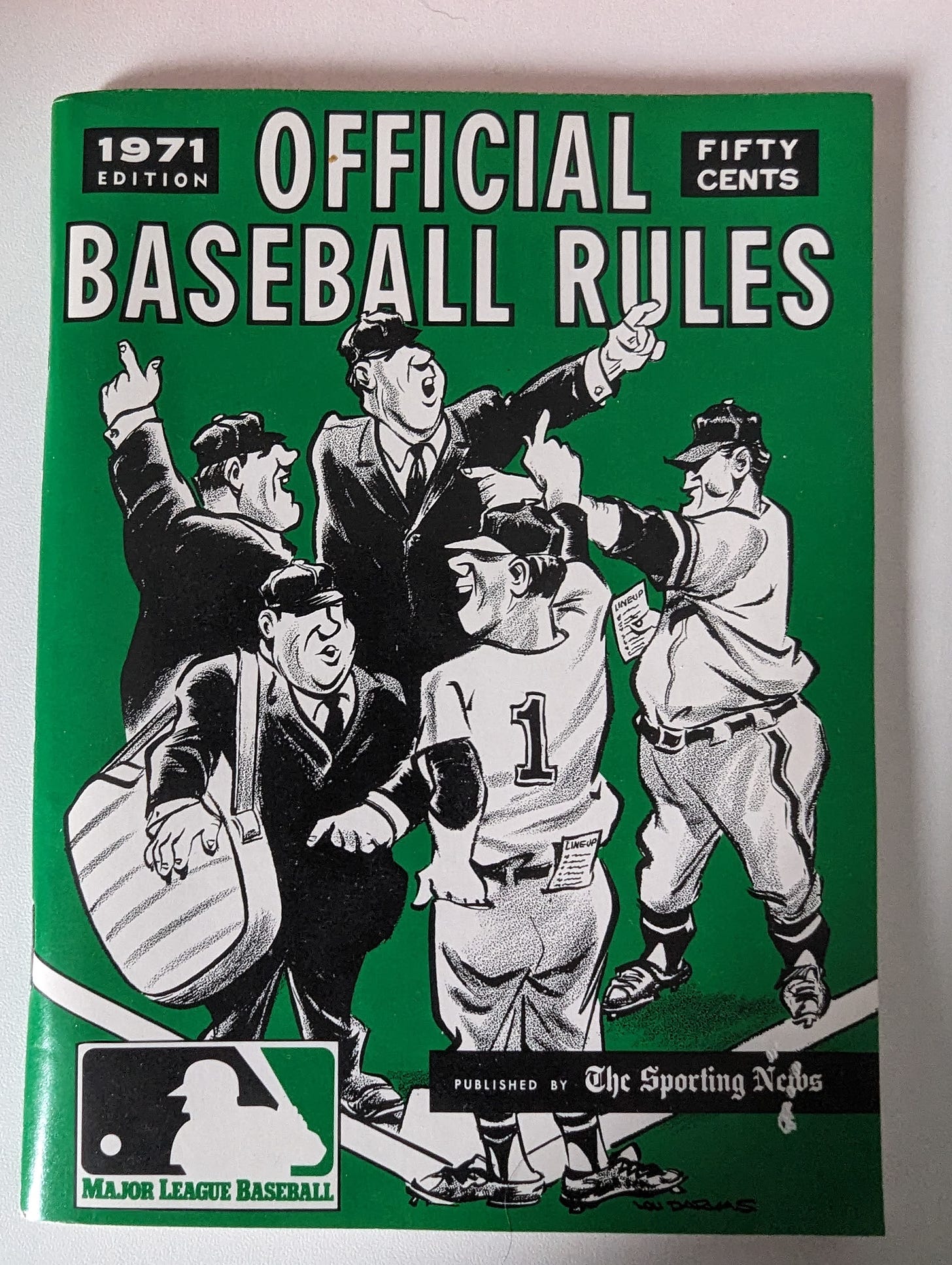Welcome to:
At Project 3.18, we tell (true) stories drawn from baseball history. We write about forfeits, ejections, promotions gone wrong, and wild celebrations. We chronicle singular events and remarkable patterns as history echoes across generations of America’s ballparks. We explore moments of frustration, exhilaration, confusion, and bone-deep malaise. We go beyond the foul lines, from the halls of Congress to the boardrooms and back rooms of Big Baseball, where greed, tradition, and fandom mixed and sometimes ignited. When baseball’s fans leave the stands and take to the streets, we follow and try to find the boundary zone between sport and society.
Whenever possible, we’ll incorporate the firsthand accounts of individuals who were there, wherever that was, chronicling what they saw, what they thought, and what they did.
Let’s put our mission one other way, in terms of a familiar baseball consumable, the hot dog. When you order a hot dog, you presumably do so because of your interest in the hot dog itself and the tube-shaped bun. Whether it’s a sandwich or not, that’s the basis of your order, and you probably expect consistency there—no one who enjoys a hot dog really wants the basic formula changed. So it is with baseball.
But (unless you are one of my children) if your hot dog arrives without any condiments–no relish, mustard, or onions, to name but a few–you are going to be underwhelmed and probably disappointed.
Here at Project 3.18, we will always have mustard.
What to expect from Project 3.18
Substack-featured and -recognized sports writing!
Project 3.18 will publish each Monday, and sometimes we’ll have a bonus piece at the end of the week when we’re in the middle of a big story. If we have a longer story to tell, it will be released in 7-10 minute “readable” sections.
Project 3.18 is a storytelling archive. Explore!
Our stories are not often based on present-day, “in the news” subjects. We are here to excavate baseball history and bring it to life in the form of timeless, standalone stories, thoroughly researched and lovingly told. We encourage you to explore our stories by theme, team, or subject, and enjoy the bounty of stories available in our Archive. If you haven’t read a Project 3.18 piece, we promise it will feel as fresh to you as it did to readers the day we published it.
There is no cost to subscribe to Project 3.18
Subscribing reflects your support for/interest in this endeavor and ensures our newsletter will conveniently arrive in your inbox whenever we post.
How we’ll collaborate
Many of the stories we’ll tell here will cover events that have taken place in the last fifty years. You may be someone who was there, or you may know someone who was. Whether you’ve told the story a hundred times or never before, Project 3.18 aims to capture and preserve your contributions to a larger narrative of baseball and fandom. Eventually, we hope to share some of our reader contributions in standalone posts or as part of a multi-contributor rundown.
After we write about an event here at Project 3.18, we’ll invite readers to share their anecdotes, memories, and other recommended sources through comments or emails sent to project318@substack.com.
Even if you’ve never had a grandstand seat for any of baseball’s more zesty moments, you can still help Project 3.18 by sharing our newsletter with family, friends, and colleagues. In an upcoming piece, we’ll have more to say on this aspect of our work, and provide a few cherished examples of what we hope will happen here all the time.
About our title
From the Official Baseball Rules (1971), Division 3, “Game Preliminaries”:
Rule 3.18: The home team shall provide police protection sufficient to preserve order. If a person, or persons, enter the playing field during a game and interfere in any way with the play, the visiting team may refuse to play until the field is cleared.
PENALTY: If the field is not cleared in a reasonable length of time, which shall in no case be less than fifteen minutes after the visiting team’s refusal to play, the umpire may forfeit the game to the visiting team.
Though the designation number has changed frequently, a version of this rule is one of the few non-playing rules that has been in place and relatively unchanged since the first National League Constitution was handwritten in 1876. It gives you a sense of the rule’s importance that the document’s framers included it (in Article XIII) in full while saying of their playing rules, essentially: “We’ll write those down soon and get back to you.”
We reference the 1971 version of the rule because, as per nerd law, we have a version of that year’s rule book on hand for easy reference.
The design for Project 3.18 was completed by Ketaki Kulkarni!







